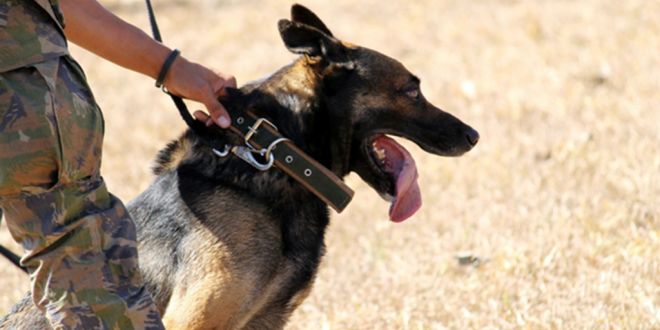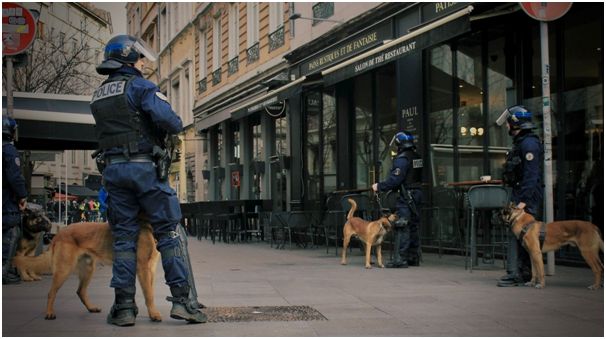Law enforcement dogs are the canine heroes of police or search and rescue organization. But how does a career-driven pup actually make it into the service? Read on to find out how these brave dogs are learning how to keep us all safe and secure.
How Long Have Dogs Been Used for Law Enforcement?
In the US, police dogs have been a vital part of law enforcement since the 1970’s. In European services though, Bloodhounds were used way back in the 18th century. Then in the first and second world wars, German Shepherd dogs were often trained to guard.
German Shepherds are still a favorite dog for police training, but they are often outnumbered now by faster, leaner breeds such as the Belgian Malinois.
What Makes A Good Police Dog?
Dogs have a superior sense of smell, 50 times better than ours. This makes them expert at searching for drugs, bombs, lost children, criminals and many other search and rescue missions. They need to be very quick to catch criminals who are trying to run away, andthey need to be intimidating.They are trained to growl and stare people in the eye. This has the effect of keeping many people and situations under control.
Where Do Police Dogs Come From?
Often dogs are donated by the public, but there are also specific breeders who specialize in the types of dogs which are best at this type of work. Many service dogs are bred, and trained in Europe before being assigned to a handler in the US.
How Are Police Dogs Trained?
They first have to learn basic obedience. It’s vital that they do exactly what they’re told to do. It could mean life or death to either them, or their handler. They then go on to agility and fitness training. They will do a lot of chasing, climbing and tugging during their working lives, so unfit, sluggish pups will never make the grade.
Once they have these skills mastered, they will be specialty trained in searching for drugs, bombs, weapons and people.
Dogs who specialize in searching for drugs are often taught to scratch at the bag, box or area they have identified as containing substances, whereas dogs who search for bombs are taught to sit close to the explosive, but not touch it. Disarming of bombs may be a very delicate process.
What Do Police Dog’s Eat?
Just like any other hard-working dog, they need a high protein diet to keep their muscle mass and energy levels high. Handlers are instructed on how to provide good nutrition for their dogs.
What Do Police Dogs Do When They Go to Work?
The dogs and their handlers will often start the day looking for drugs in schools and workplaces. When this is done, they will go wherever they are needed. They may spend their day waiting in the police vehicle for a job to come up. There are separate areas in the vehicles so the dogs can be housed away from arrested suspects.
How Do Dogs Catch People?
Watch the video to see how these amazing dogs do their job.
Are Police Dogs Well Looked After?
Of all the animals in this world, police dogs are highly valued and considered partners of their human counterparts. In the US, it is a federal offense to attack a service dog and will almost certainly result in a prison sentence.
They usually live with their handlers when not at work, and kept in a police kennel facility when they’re on duty.
What Happens When They Retire?
Usually they will stay with their handlers. Like many humans who work in law enforcement, they are very lucky to enjoy a long career, and live to enjoy a well-earned rest at home.
 DogExpress
DogExpress


















 in Chandigarh, India.
in Chandigarh, India. 

